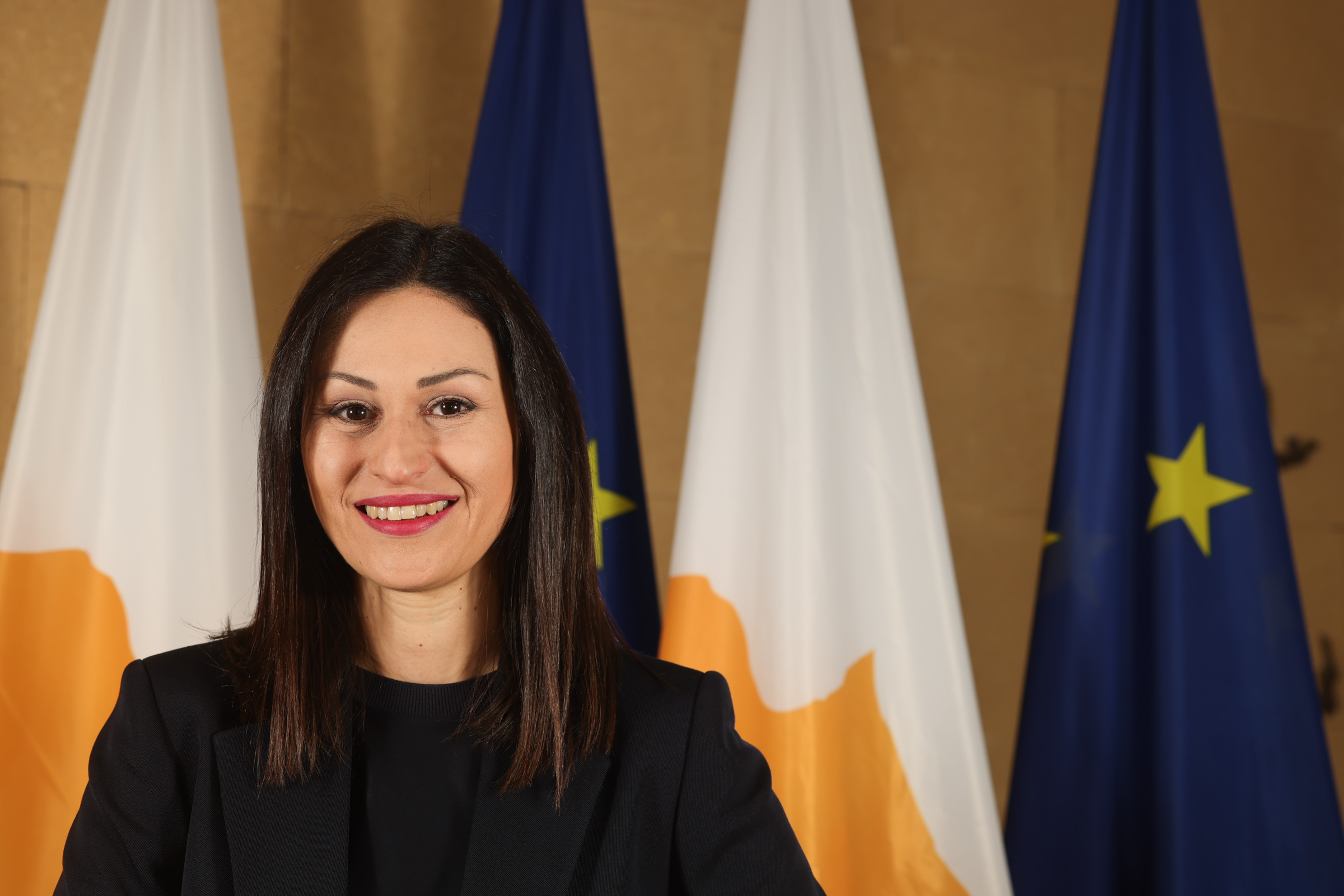Cyprus has called on the European Commission to introduce stronger safeguards and impact assessments to protect the EU’s agricultural sector and food security. The request came during the EU agriculture and fisheries council held on June 23 and 24 in Luxembourg, it was announced on Wednesday.
Addressing the meeting, Agriculture Minister Maria Panayiotou urged the Commission to consider the specific challenges faced by Cypriot farmers and fisheries, particularly “the impact of Turkey’s ongoing illegal actions in the region, which have restricted access to key fishing zones.”
Panayiotou highlighted that this regional tension, combined with climate pressure, demands urgent and tailored action from the EU.
“We ask the commission to take these issues into account when determining fishing quotas for Cyprus,” she said.
Earlier in the day, the minister voiced her support for a joint letter signed by 22 EU member states. The letter advocates for maintaining the common agricultural policy (CAP) as a standalone financial tool with two central pillars. These aim at supporting farmers in adapting to climate challenges while ensuring long-term food supply across the bloc.
Cyprus, she said, is particularly concerned about social cohesion in remote and mountainous areas.
“We must ensure the primary sector grows further. What stands out for us is the need for social cohesion in rural communities,” she said.
One of Cyprus’ key proposals was for the EU’s crisis fund to be financed outside CAP, allowing quicker responses to farming emergencies. Panayiotou also pushed for simplifying CAP rules, not only administratively, but also in a way that makes them more workable for farmers themselves.
“It is crucial that our proposals are heard and included in the legislative drafts by the commission,” she stressed.
The council also reviewed the latest developments in EU trade with third countries and talks at the World Trade Organisation. Ministers were briefed on relations with Ukraine, Russia, China, the UK and the US, along with the trade deal under discussion with Mercosur nations.
Panayiotou reiterated Cyprus’ support for balanced trade deals that respect WTO rules and provide fair competition for European farmers.
“It is essential that imported products meet the same high standards as EU goods,” she said.
She added that the agricultural sector has shown great resilience in recent crises and remains vital for Europe’s economic and food stability.
“The EU’s trade policy must reflect the strategic role of agriculture.”
Discussions also focused on proposed CAP reforms for the 2026-2027 period. The minister welcomed cost-cutting measures in strategic plans and moves to ease requirements for small-scale and organic farmers. She also emphasised the need for better tools to help agriculture cope with climate and health-related shocks.
The second day of the council centred on sustainable fisheries. The European Commission presented its guidance for fishing opportunities and quotas for 2026.
Panayiotou reaffirmed Cyprus’ commitment to sustainable stock management and cracking down on illegal, unreported and unregulated fishing. She pointed to climate change and structural weaknesses as ongoing threats to the sector and repeated her concerns over Turkish interference in Cypriot waters.
On the sidelines of the council, Slovenia hosted a working dinner for agriculture ministers from Mediterranean EU states (MED9), focusing on crisis response in farming.
Panayiotou stressed the need for flexible support systems that respond to changing farmer needs. She called for more investment in research, innovation and knowledge-sharing, particularly for small and medium-sized farms, to build resilience and support the green and digital transition.






Click here to change your cookie preferences